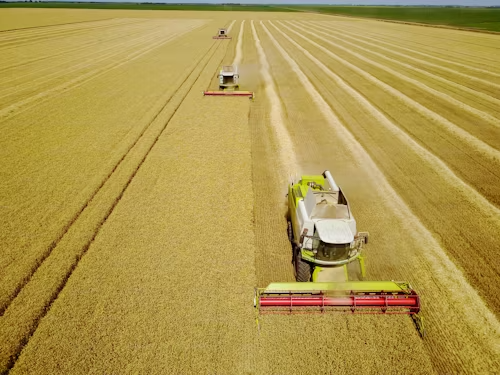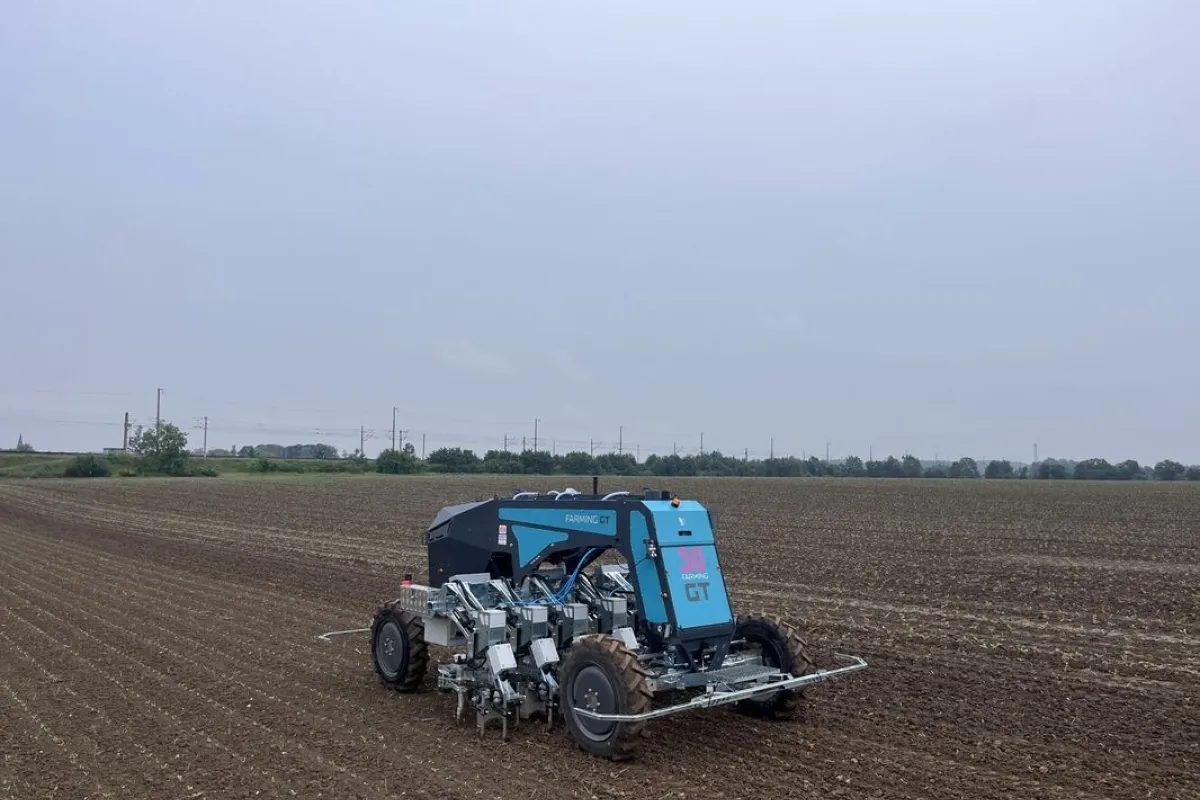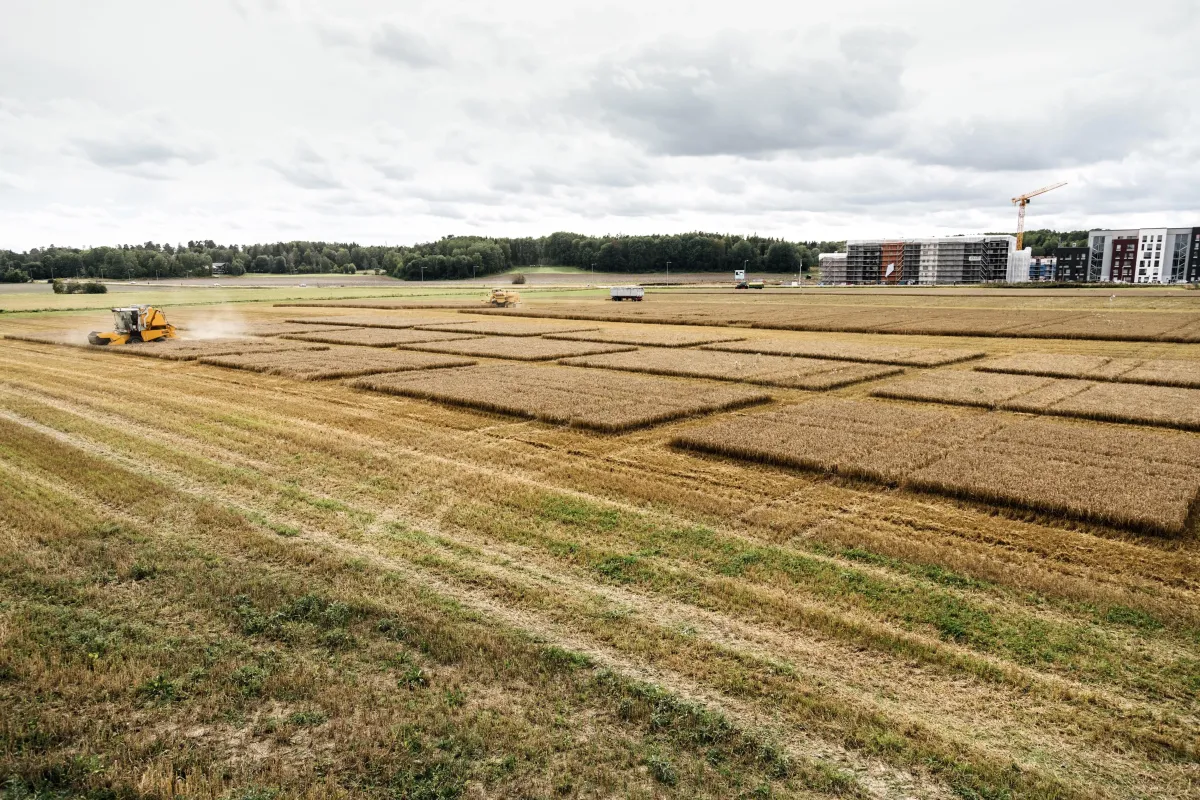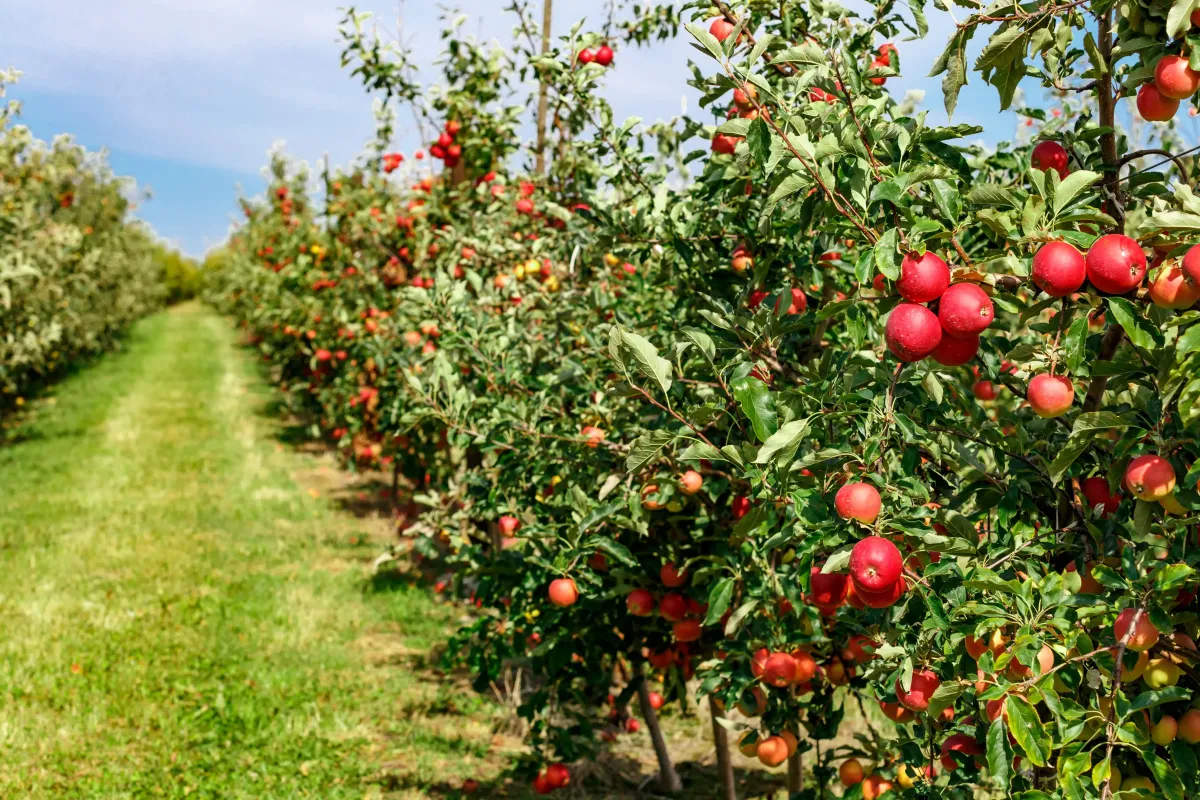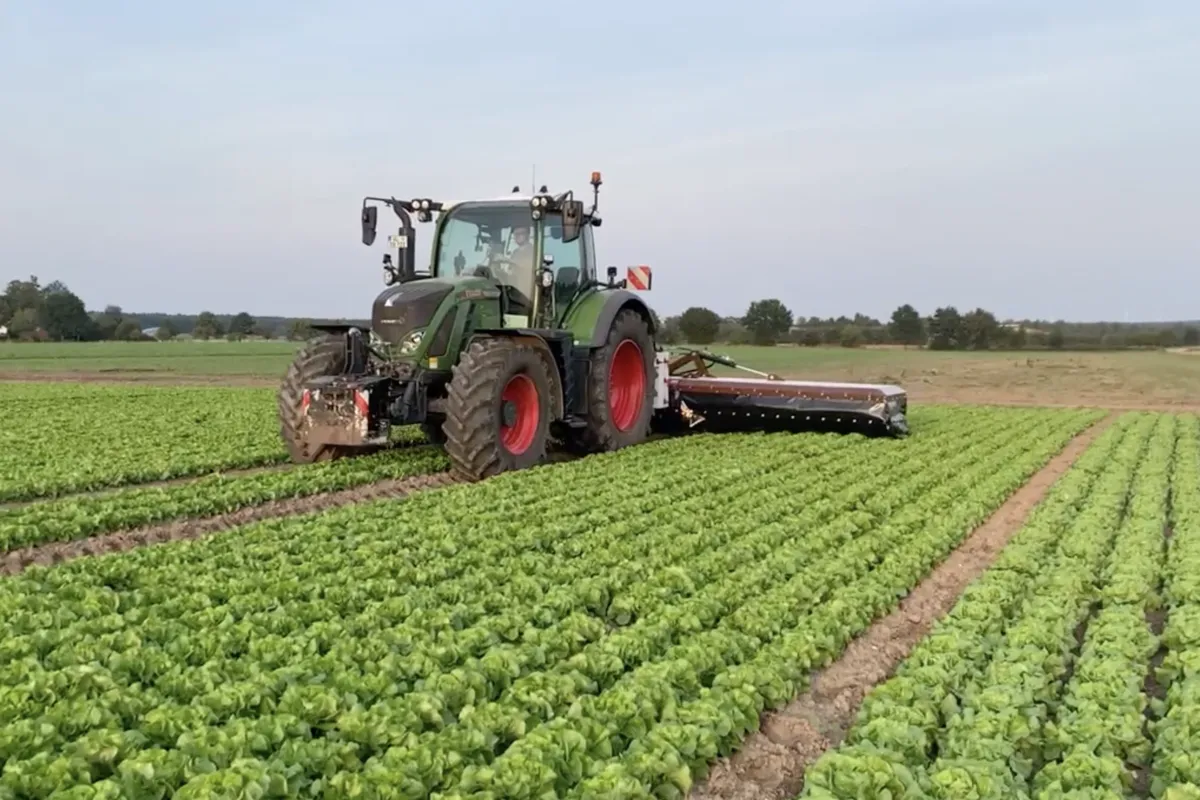
Overview
We offer a specialised service to companies, particularly small and medium-sized enterprises (SMEs), that develop AI- and robotics-based products and services for the agri-food sector. Our service supports these companies in integrating ethical considerations throughout the design and development process of their AI- or robotics-based products and services. By utilising Value Sensitive Design (VSD) methods, we ensure that human values such as sustainability, fairness, transparency, and privacy are incorporated into technological solutions from the outset. Through stakeholder analysis, participatory design, value scenarios, and ethical reflection, we guide companies in creating responsible, innovative technologies that align with societal needs and ethical standards.
